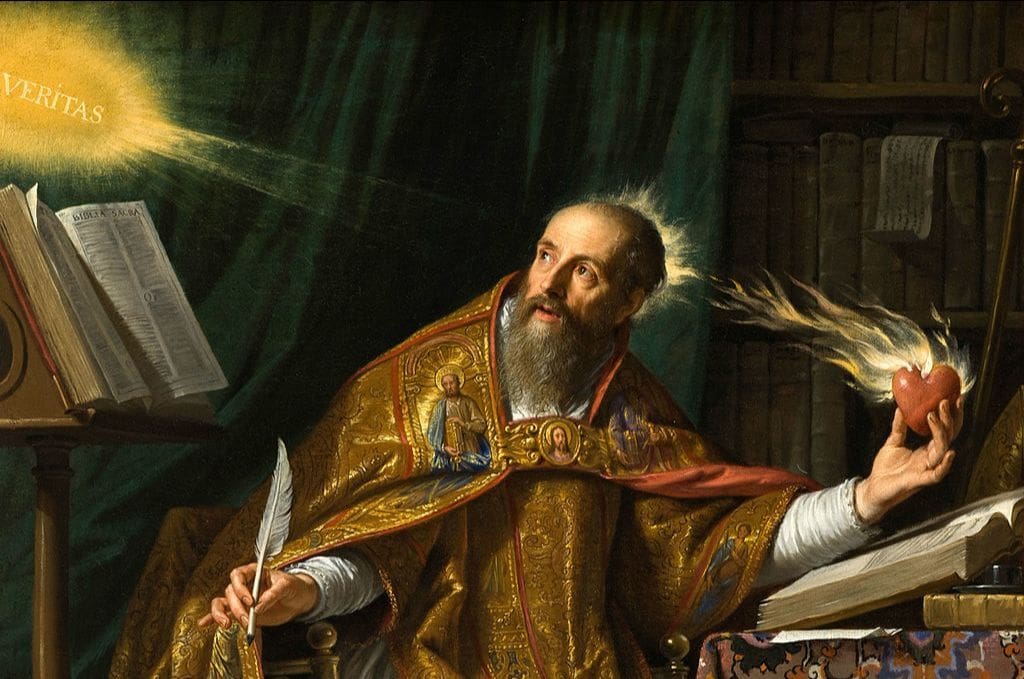There is a truth that each liturgical translation of the Roman Rite is attempting to communicate—a truth that is more profound than the translation’s conveyance of particular words or phrases into the vernacular, even though it is tied to each word. In the end, the true art of translation is not of Roman Rite texts, but of Roman Rite Catholics. Right worship is a good in itself—so it is right that we should be concerned with translations; but right worship is also the means by which we Catholics who immerse ourselves in the rite being translated become new creations in Christ.
Language is transformative; we recognize this in our natural world and even in the secular world. For instance, one criterion of motion picture movie ratings is language: parents of young children may be “strongly cautioned” if a movie contains “brief strong language.” Likewise, the great speeches of our nation’s history—Lincoln’s Gettysburg Address, MLK’s “I Have a Dream” speech, and JFK’s Inaugural Address (“Ask not what your country can do for you…”)—are still taught to and recited by students today, in hopes that these lofty words will elevate students to future heights.
What is true in the natural world is also true in the supernatural world, and supernatural words—that is, sacramental words—affect our supernatural lives, our lives of faith. To hear and say and sing and pray the words or the Mass is to transform us, to translate us into the Word of the Mass, Jesus himself. This personal translation will then change how we live in the world.
In his 2010 Exhortation Verbum Domini (“The Word of the Lord”—a letter concluding the Year of St. Paul, during which the faithful focused on the Word of God in the Church’s life and mission), Pope Benedict spoke of this ultimate translation of our supernatural lives. During the Year of St. Paul, the Holy Father said, “we saw more clearly the bond between a love-filled hearing of God’s word and selfless service of our brothers and sisters; all believers should see the need to ‘translate the word that we have heard into gestures of love, because this is the only way to make the Gospel proclamation credible, despite the human weakness that marks individuals….’ Listening with docility to the word of God in the Church awakens ‘charity and justice towards all, especially towards the poor’” (103).
To “translate the word that we have heard into gestures of love” is the true purpose of the vernacular translations of the Roman Missal. And this task is much more difficult—and beautiful—than translating from Latin into English! Happily, just as there are paradigms to help the student of linguistic translation, there are “paradigms” to help the student of Christian translation. The first of these is, of course, Jesus, the Word, who in the beginning was with God and was God. The saints, too, are patterns of translating liturgy into life, for each has taken the Word to heart and as a result this Word resounds through each of their grace-filled lives.
As we continue to pray the vernacular translations of the Mass, let us “listen with docility,” as Pope Benedict urges us. For in the docile hearing of the words of the Mass is the encounter with the Word; and in the encounter with the Word is our true translation project: from persons fallen in Adam to persons risen in and resounding with Christ.



